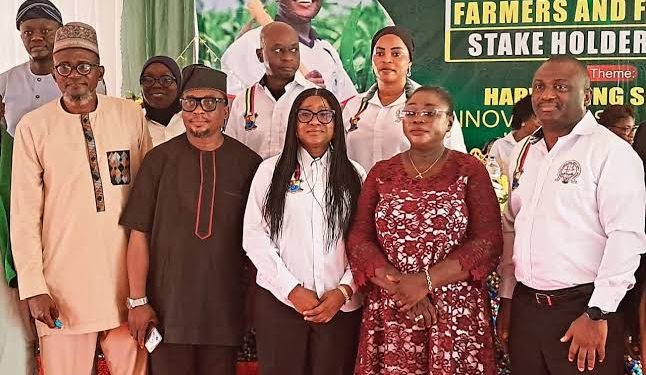The Lagos State Government has stepped up efforts to strengthen food security and support local production by training more than 500 farmers and fishermen in the Ikorodu Division on innovative agricultural practices. The one-day forum, organised by the Lagos State Agricultural Input Supply Authority (LAISA), was designed to equip participants with modern farming and fishing techniques tailored to their specific needs and local conditions.
Held at the Ikorodu Local Government secretariat, the forum provided a practical platform for knowledge-sharing, capacity-building, and collaboration between the state government and agricultural stakeholders. It also reflected Lagos’ broader strategy of empowering local producers as a foundation for achieving food security, economic growth, and urban resilience.
Officials at the event highlighted that food security is more than just an agricultural objective — it underpins public health, economic stability, and sustainable urban development. The state government reiterated its commitment to improving farmers’ access to quality inputs such as high-yield seeds, fertilisers, and modern equipment, noting that such resources are essential for increasing productivity and ensuring efficient use of limited land and water resources.
The session also provided an opportunity to address the specific challenges faced by farmers and fishermen in Ikorodu, which differ from those in other agricultural hubs like Badagry or Epe. Organisers said the forum went beyond training to serve as a direct engagement platform, allowing participants to share their experiences and co-create context-specific solutions that will improve output and profitability.
For smallholder farmers, micro-enterprises, and local food producers, initiatives like this are vital to building resilience, increasing yields, and expanding opportunities in Lagos’ growing food economy. By strengthening the capacity of grassroots producers, the state aims to reduce its dependence on food imports, improve nutrition, and create more jobs along the agricultural value chain.
The event is part of ongoing government efforts to modernise the agricultural sector, enhance productivity, and position Lagos as a model for urban agriculture and local food systems in Nigeria.










